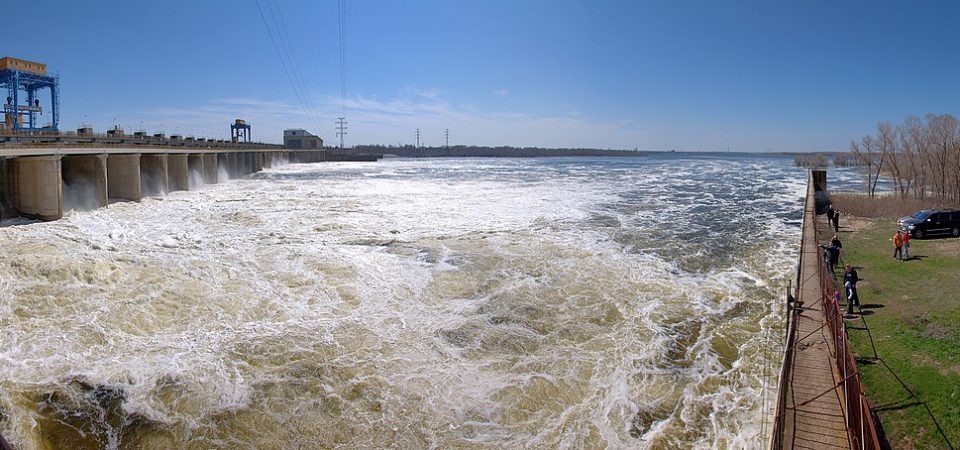Item Link: Access the Resource
File: Download
Publication Info: e2023EF003910
Date of Publication: September 28
Year of Publication: 2023
Publication City: Hoboken, NJ
Publisher: Wiley
Author(s): Peter Gleick, Viktor Vyshnevskyi, Serhii Shevchuk
Journal: Earth's Future
Volume: Volume 11, Issue 10
Abstract
The geophysical, hydrological, and ecological consequences of the Russia-Ukraine war for the major rivers and water infrastructure in Ukraine are addressed here, focused on the dams and reservoirs of the Dnipro (Dnieper) River and major tributaries, up to and including the destruction of the Kakhovka Dam in June 2023, using remote sensing systems, on-the-ground reports, and official sources. The rivers have long played a role as physical barriers during conflicts, but in the current war, water and built water systems have also been targeted for attacks and used as both offensive and defensive weapons. Among the consequences of the conflict have been both direct and indirect effects on civilian populations, agriculture, military operations, water supplies and quality, and natural ecosystems. A historical review shows that such attacks have occurred in the past, but the extent and severity of the current violence appear unprecedented, raising important questions of international law and how international legal and scientific communities should respond.
Plain Language Summary
The Ukraine-Russia war has led to extensive attacks on water resources and water infrastructure. Using remote sensing, media reports, and on-the-ground observations, we review the types and history of violence against water systems in Ukraine from the start of the conflict. Among the most serious impacts are a series of attacks on dams in the Dnipro river watershed, with severe impacts on humans, ecosystems, energy, water supply, and irrigation, including the destruction of the Kakhovkha dam, one of Europe’s largest. This review raises important questions about how the international community should respond to water-related conflicts.
Read the full paper here or download it from the link above.
The views and opinions expressed through the MAHB Website are those of the contributing authors and do not necessarily reflect an official position of the MAHB. The MAHB aims to share a range of perspectives and welcomes the discussions that they prompt.
